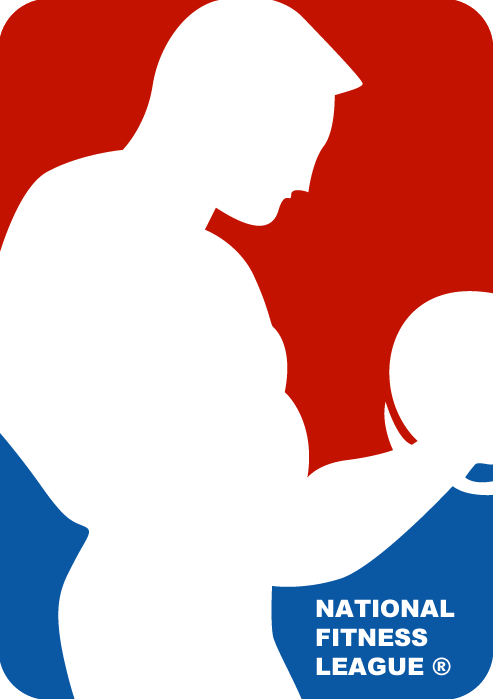What is an accreditation or an approval?
Accreditation or Approval is the recognition that an institution maintains standards requisite for its graduates to gain admission to other reputable institutions of higher learning or to achieve credentials for professional practice. The goal of accreditation is to ensure that education provided by institutions of higher education meets acceptable levels of quality. Accreditation does not secure job placement nor income.
Can the institutional Accreditation system be used to determine whether my credit hours will transfer or what courses will satisfy my professional renewal? Or is my education valid and recognized.
Accreditation does not provide automatic acceptance by an institution of credit earned at another institution, nor does it give assurance of acceptance of graduates by employers.
Acceptance of students or graduates is always the prerogative of the receiving institution or employer. For these reasons, besides ascertaining the accredited status of a school or program, students should take additional measures to determine, prior to enrollment, whether or not their educational goals will be met through attendance at a particular institution.
These measures should include inquiries to institutions to which transfer might be desired or to prospective employers and, if possible, personal inspection of the institution at which enrollment is contemplated.
There are some stand-alone post-secondary educational institutions and programs that elect not to seek accreditation but nevertheless may provide a quality post-secondary education and are recognized by a number of highly respected Colleges and Universities around the World.
Keep in mind that not everyone need or want to be part of an accreditation or recognition. Many Personal Trainers prefer establishing their own business as independent for many purposes. Depending on your preference whether you want to work for someone or become independent and have your own business. Proper education can be attained from any post-secondary educational institution even if they are not accredited.
Accreditation is NOT mandatory and does not secure proper education nor proper job acceptance.Being qualified does not mean being certified by the most expensive organization. Something to consider is obtaining a reasonably priced cert that you can afford that has a long history and its educators are competent and have experience for many years. Then after you obtain that, stay on track and keep educating yourself from the other organizations also. If you know what’s in their books, you have their knowledge.
Personal Training Certification Vs. License.
A Personal Trainer Certification is Not a license, nor is it a certificate. In the USA there are no requirements for a license. Personal Trainer Certification is obtained by taking many courses to achieve a certain level of understanding the curriculum and it is not just one course taken over a weekend with a certificate of attendance. There is a huge difference.
About PROPTA Certifications and Approvals:
PROPTA has had many certifications over the 42 years. These include certifications and Approval by boards recognized Countries, States and Governmental Bureaus and by various Olympic committees and fitness Federations Worldwide.
PROPTA has standards that meet and exceed many of the certifying boards it has been a member of. PROPTA has found that the combination of its own high standards, the trainers that graduate from our program are well educated and equipped to train anyone from regular people to athletes for a variety of amateur and professional careers, including Olympic competitions, and any amateur or professional leagues for bodybuilders, weightlifters, strongman, power lifting or personal trainers and nutritionists for these sports.
Why not NCCA? / National Commission for Certifying Agencies
NCCA is not recognized by the U.S. Department of Education to grant accreditation nor are they recognized by CHEA.
NCCA is not recognized by the U.S. Department of Defense and does not qualify programs for Armed Forces Tuition Assistance. Further, the NCCA does not accredit institutions or educational programs, only examinations.
NCCA specifically states that any organization that seeks accreditation of their examination cannot require candidates to take any of their courses, classes, training, or workshops as a prerequisite to sit for their examination.
NCCA stands for National Commission for Certifying Agencies. This is an organization that basically certifies fitness certification organizations exams (and other organizations too). Some are under the impression NCCA accredited fitness certifications are better. NOT TRUE.
NCCA accreditation is very expensive and it does not mean it is better. Organization that choose the NCCA accreditation spend a lot of money and in return that financial burden is passed on to the consumer. It is for these reasons that the PROPTA “Professional Personal Trainers Association” chose to seek accreditation from another entity, as they truly represent the Elite level of education and experience.
College transfer credits are determined by individual institutions. Check with your college advisor to see if PROPTA courses qualify at your institution. You can have them call our office to discuss the transfer.
BEYOND THE NCCA / CLICK TO READ
Bureau for Private Post secondary Education (BPPE)
PROPTA institute code # 30824 under Education Code section 94874 under exempt status is a private institution and has completed the review of verification of Exempt Status pursuant to the California Private Postsecondary Education act of 2009 (Act) based on the application received.
PROPTA – The Professional Personal Trainers Association Operate as an Institution since 1980. Profesional Institute for Fitness & Nutrition Worldwide
BPPE / Bureau for Private Postsecondary Education, PO BOX 980818, Sacramento, CA 95798
The National Fitness League ®
The National Fitness League ® has recognized the Personal Trainers Association as the authority in Fitness and Nutrition education to Approved and Endorsed its courses.
Visit the National Fitness League
Better business bureau
The Personal Trainers Association is Accredited by the Better Business Bureau.
Click me





